Khabar Kheir (Only Good News) – Fatima Rashad
Yemen is characterized by the climatic diversity, which leads to a diversity of agricultural crops of fruits and vegetables throughout the year.
In southern Yemen, hot weather prevails in the summer and mild in the winter. In the north, the weather tends to be cold in the winter and moderate in the summer. In western and central Yemen, the weather tends to be moderate throughout the year. Diversity in climate has led to the diversity of the vegetation cover in Yemen, making Yemen an exhibition full of different colors and flavors of seasonal fruits and vegetables throughout the year.
The environmental diversity in Yemen and the adoption of traditional farming methods and the fertility of the land improved the quality of the Yemeni fruits, which were known for their distinctive taste and flavor, which made them popular with neighboring countries.
Yemen is famous for the cultivation of various fruits such as mangoes, dates, grapes, bananas, oranges, apples, almonds, pomegranates, peaches, lemons, papaya, tangerines, plums, guavas, quinces, abbasid, figs, prickly pears, and strawberries, in addition to other fruits”.
Obstacles Facing Fruit Growers
Farmers in Yemen are facing difficulties as a result of the riyal’s depreciation against the dollar, due to the years-long conflict, which negatively affected agricultural activity on the one hand and reduced the volume of production and its distribution in the local market.
Amer Musleh (a farmer from Ibb governorate) told “Khabar Kheir” (Good News), “We find it difficult to buy fertilizer and seeds. The area of land that I cultivate has also shrunk. Before, I used to grow coffee and prickly pear, but now I have had to settle for prickly pear cultivation because it does not cost the farmer a lot of costs”.
Saleh Khaled (a fruit seller from Lahj governorate) confirms that people buy local fruits because of their quality and reasonable price, as for imported fruits, the demand for them is limited because they are not fresh and expensive.
He said, “We no longer bring imported fruits, due to the low demand for them, especially oranges and apples, as the buyer prefers local fruits in their season”.
Unidentified Insecticides
The infection of spraying agricultural pesticide has gone from spraying Qat to spraying fruits; aiming at eliminating agricultural pests and accelerating the harvesting of fruits by ripening them prematurely. This reduced the quality of the fruits sprayed with pesticides.
Eng. Jalal Salem (from the Agricultural Extension Bureau) said, “Commercial insecticides have recently spread, and we do not know their factory source, and the extent of their commitment to safety and security standards, although their impact may be harmful to the humans and agriculture”.
Hecalled on the concerned authorities to prevent the entry of harmful agricultural pesticides that cause damage to agricultural crops and affect the quality of products.
He said, “There is a list of agricultural pesticides that Yemen has adopted, and they are pesticides that we have confirmed are safe for humans and the land, and they include nearly 300 types of agricultural pesticides that are allowed to be used in Yemen, and they must be adhered to and not to allow entry of other pesticides of unknown source”.
Urbanization and Qat Cultivation
Cities are crawling towards agricultural lands and threatening the country’s green agricultural spaces. Over the past two decades, Yemeni cities have grown and expanded by 70%, which has affected the agricultural lands. All construction and urban expansion of cities in Yemen are carried out on the agricultural lands.
Eng. Hammoud Al-Rasas (Director of the Agriculture and Irrigation Office in Ibb Governorate) said, “One of the difficult problems facing the farmers in the governorate is the spread of cultivated areas and the urban sprawl on the agricultural lands”.
Al-Rasas added, “The construction operations in Ibb governorate have devoured most of the fertile agricultural lands and valleys known for growing grains, fruits and vegetables”.
He affirmed, “The cultivation of Qat also reduces the areas planted with agricultural crops such as fruits, vegetables and grains”.
He also confirms that the fall armyworm is extraneous to Yemen, as it entered with the seeds that are distributed through the organizations, and this worm infects maize and sorghum in a large proportion”.
For his part, Eng. Jalal Salem (from the Agricultural Extension Bureau in Lahj Governorate) said, “The problems facing the farmers are technical and represented in the national production of horticultural crops during the harvest and post-harvest process, poor storage conditions and low quality of fruits in terms of size, shape, homogeneity, maturity and internal content”.
He added, “The deterioration in the quality of the fruits is caused by the failure to maintain the local varieties and the desired specifications, the failure to apply modern means and techniques to the internal and external marketing process, the low marketing value of local products and their inability to compete externally”.
He also referred to wrong agricultural practices, as well as farmers’ lack of interest in correct farming methods, all of which affect the amount of production and its increase in the same area.
Salem stressed that there are wrong ways that the farmer uses that affect the quality of the crop, such as early harvesting of fruits and not knowing the signs of ripening, as well as the poor harvest process and methods.
He said, “The farmers deal, post-harvest, badly with the crop through sorting, grading, collecting, and packing, as well as using inappropriate packaging and practicing industrial production; that is, using carbon, so the crop becomes infected with diseases and insect, fungal and bacterial pests as a result of poor packaging, storage, transportation and handling”.
Fuel Price Hike
Abdullah Fadl (Responsible for irrigating crops in Lahij Governorate, Agriculture Office) says, “Irrigation of fruits varies in its consumption of water according to the area and the most water-consuming fruits are bananas, grapes and pomegranates, as for mangoes, guava, abbasid and passion fruit, their water consumption is close and they do not endure thirst for long”.
Fadl went on to explain the difficulties the farmers face while irrigating their crops, saying, “In general, the most important difficulties lie in the rise in fuel prices, and the alternative solutions represented in relying on the solar energy as an alternative to fuel are no longer feasible due to the high price of solar panels which values are unable to be paid by the poor and middle-ranking farmer, and one of the other difficulties is the lack of specialized staff to treat agricultural pests”.
Preprocessor and Solution Package
The engineers Al-Rasas and Jalal develop a set of basic solutions to reduce the difficulties facing fruit growers in Yemen, the first of which is to have technicians specialized in the agricultural extension, in addition to the necessity of having extension centers that educate farmers and distribute leaflets to them.
In the process of integrating the local authority, specialists and farmers, there must be times for meeting, which are the field days in which farmers and local leaders meet, and in these meetings the process of raising awareness and guidance on how to produce an ideal crop by selecting seeds and preparing compost, and combating pests and diseases that affect the field crop authorized pesticides. The agricultural extension offices must also have an operational budget for the extension agency, as well as provide extension work mechanisms, so that the extension office can provide extension benefits to the farmers and find new research recommendations from research centers to provide treatments that can be applied at the lowest cost.

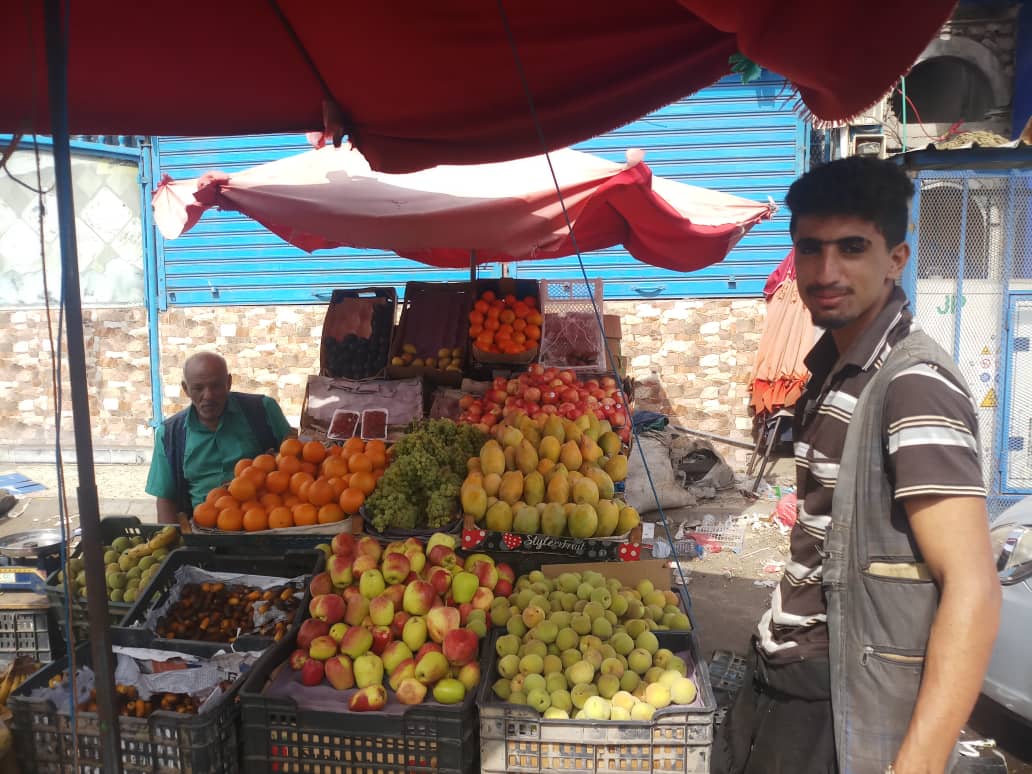
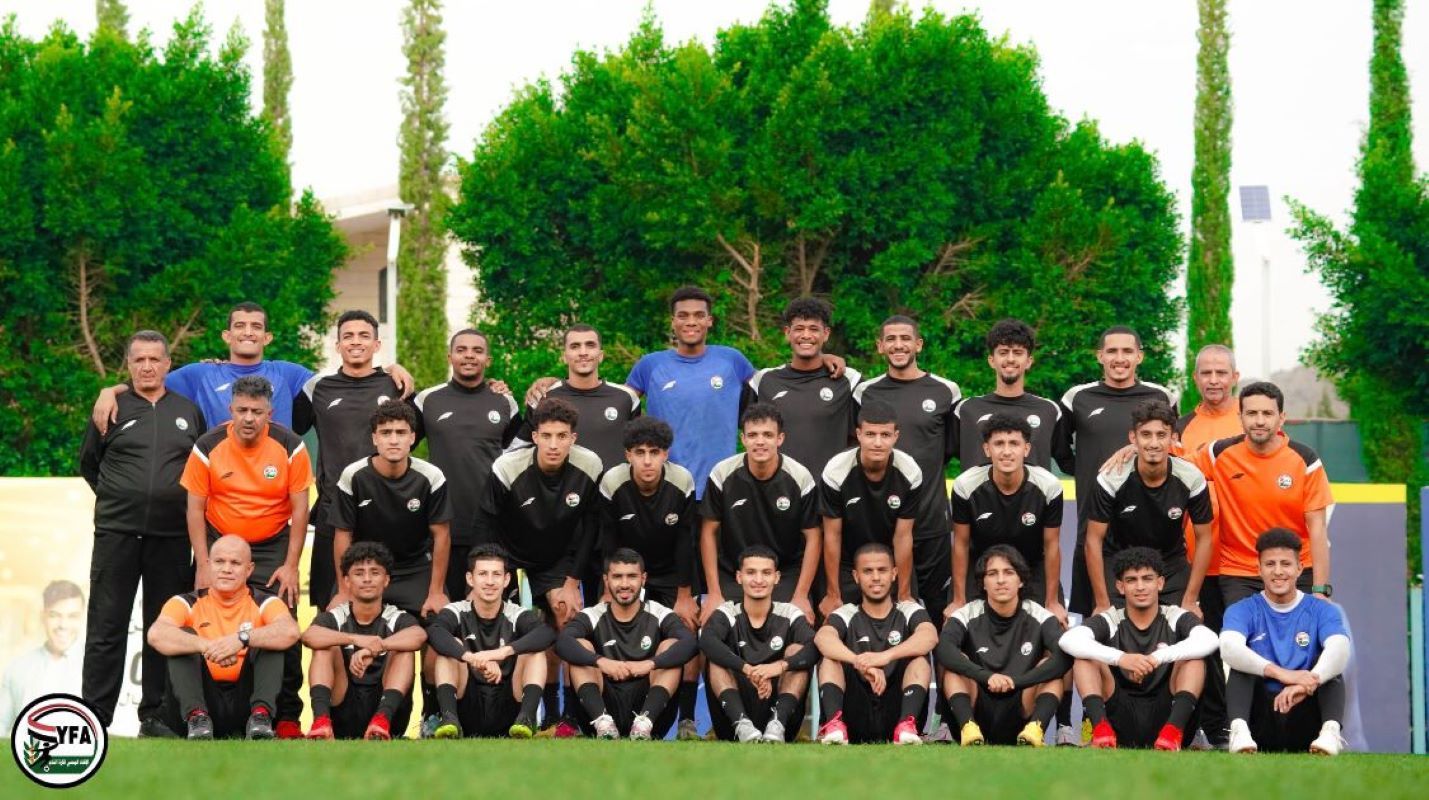
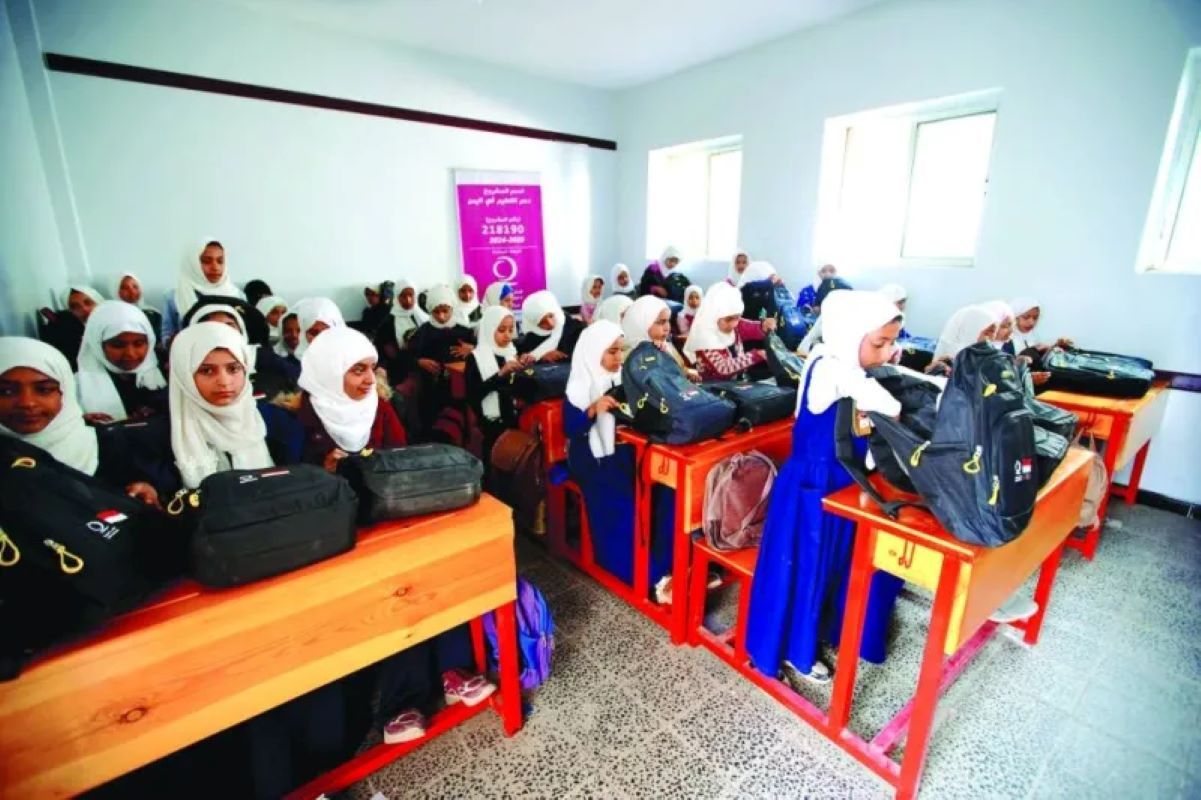

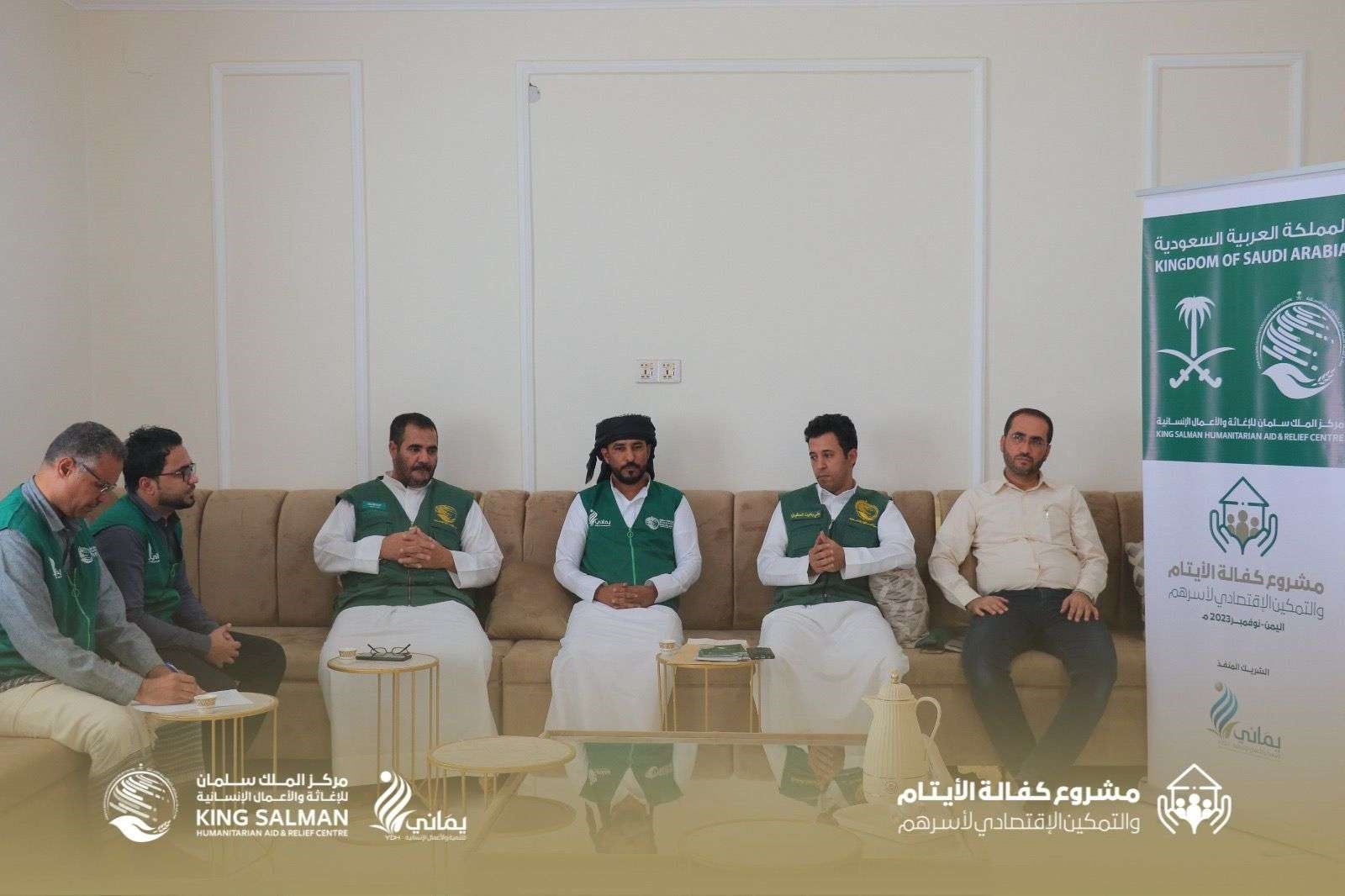
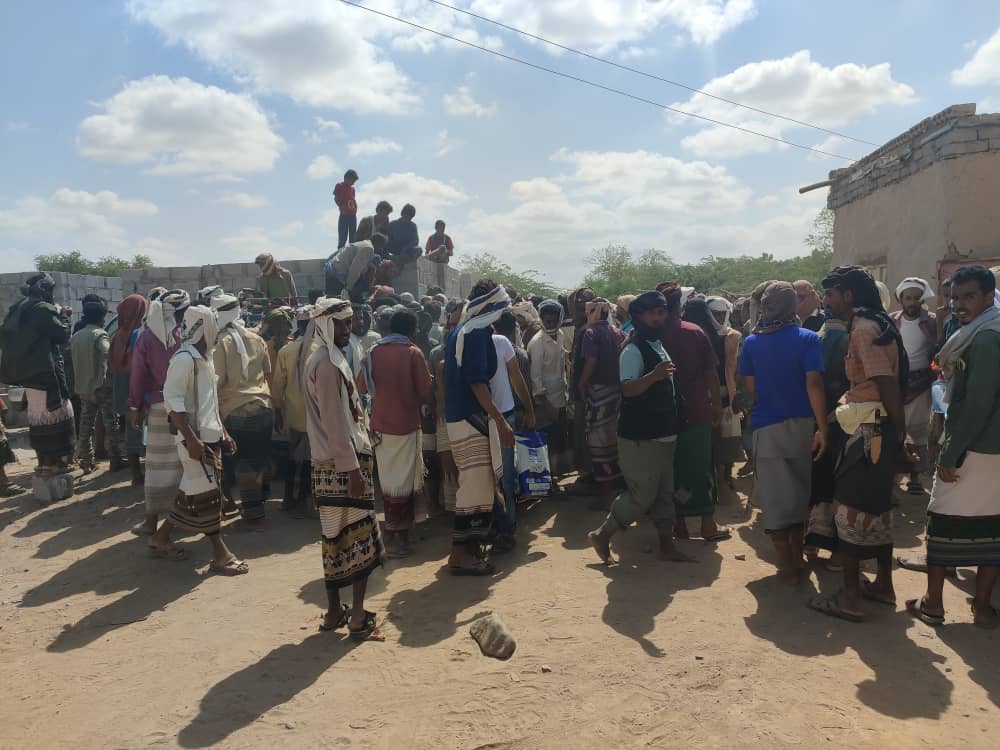
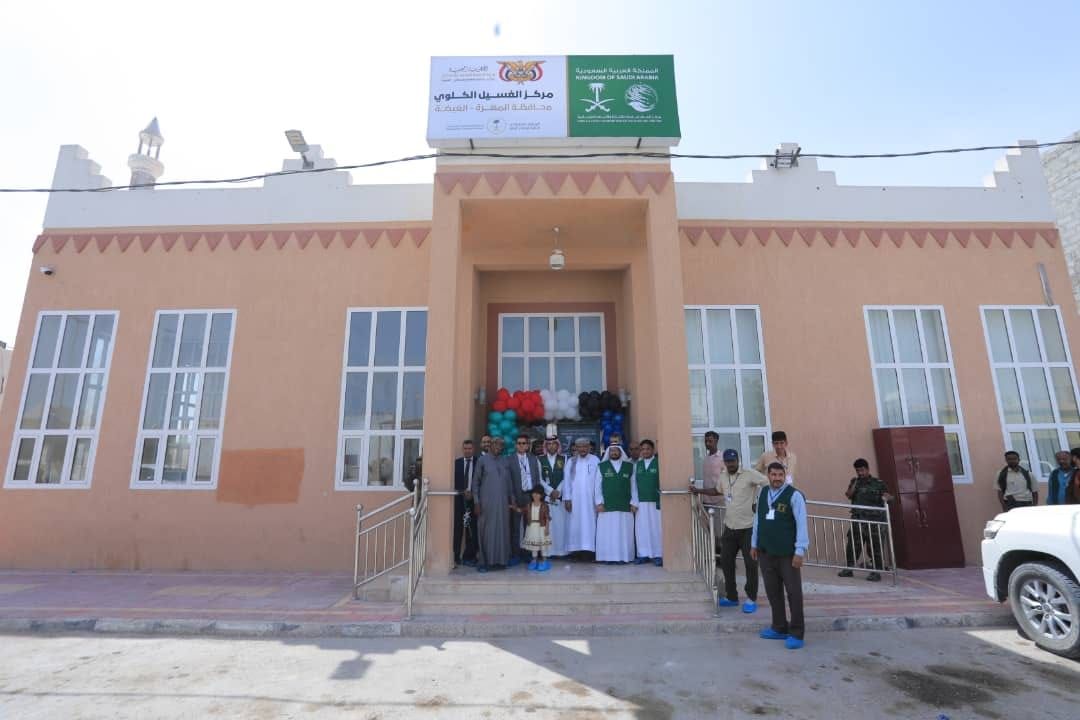

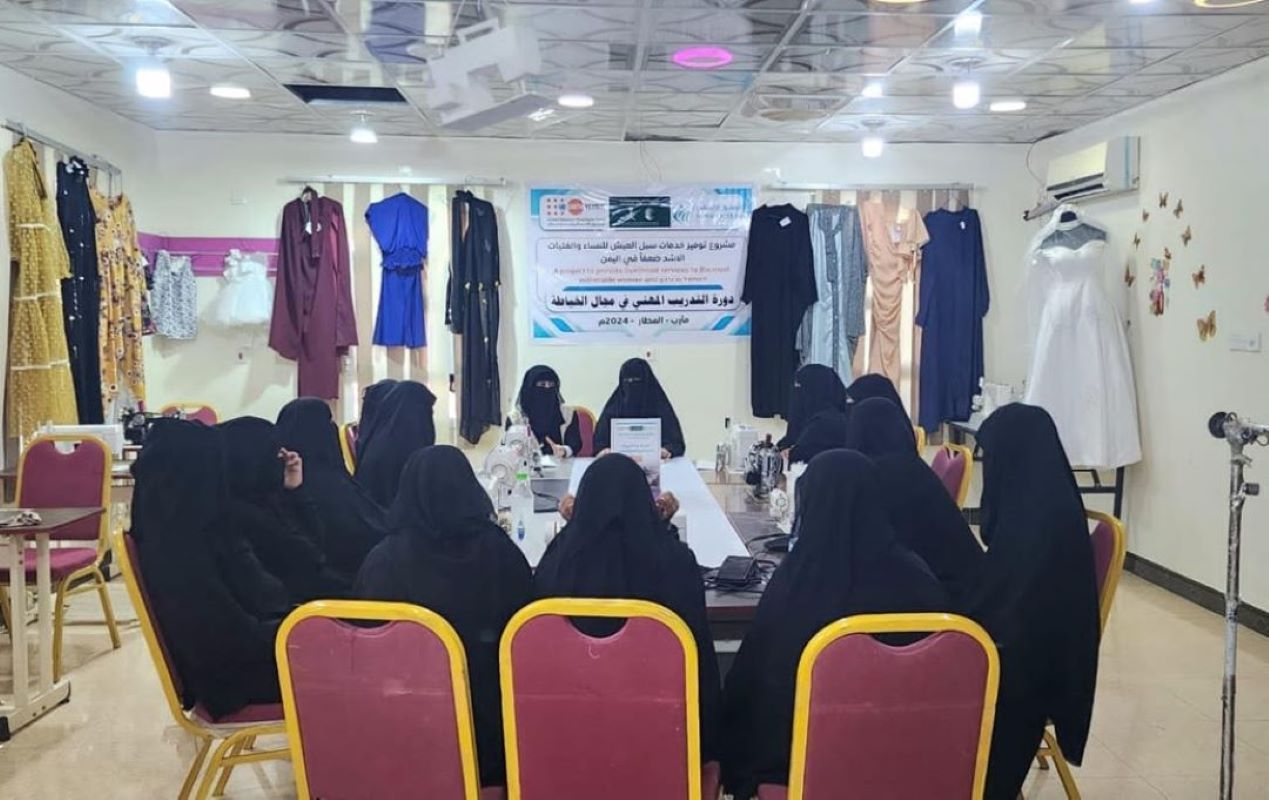
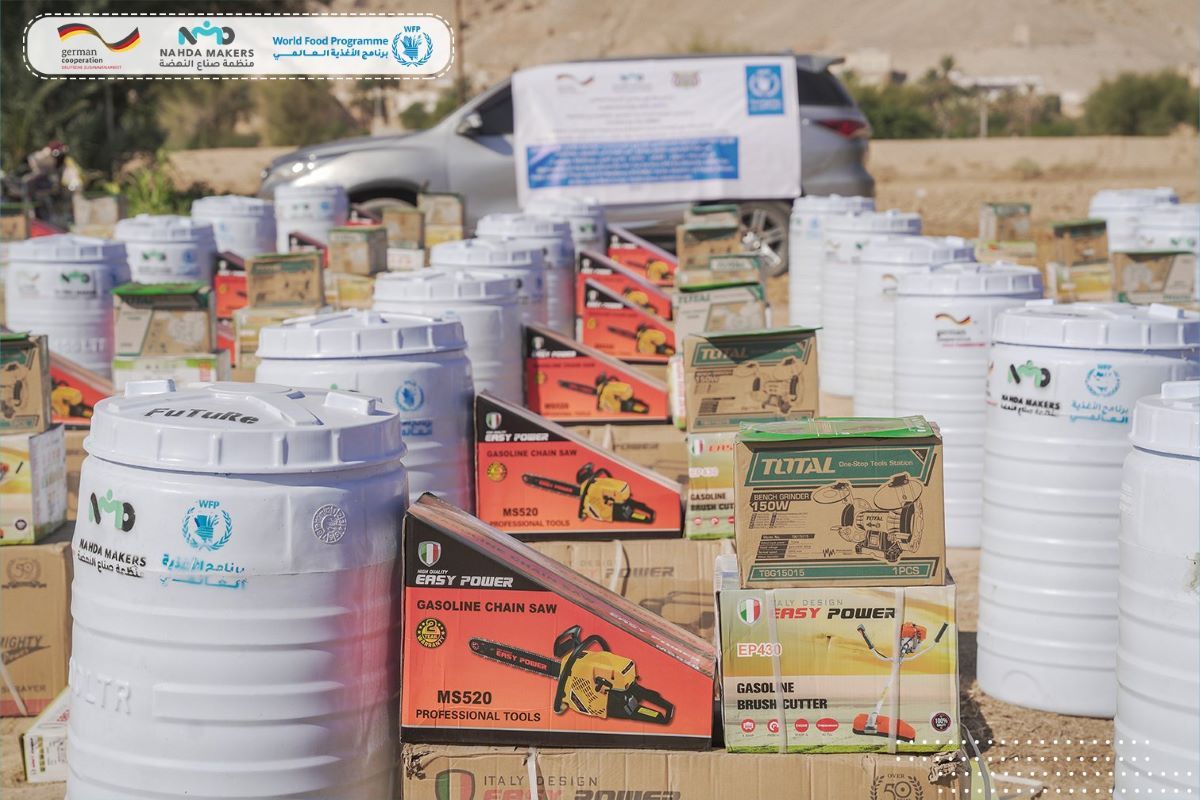
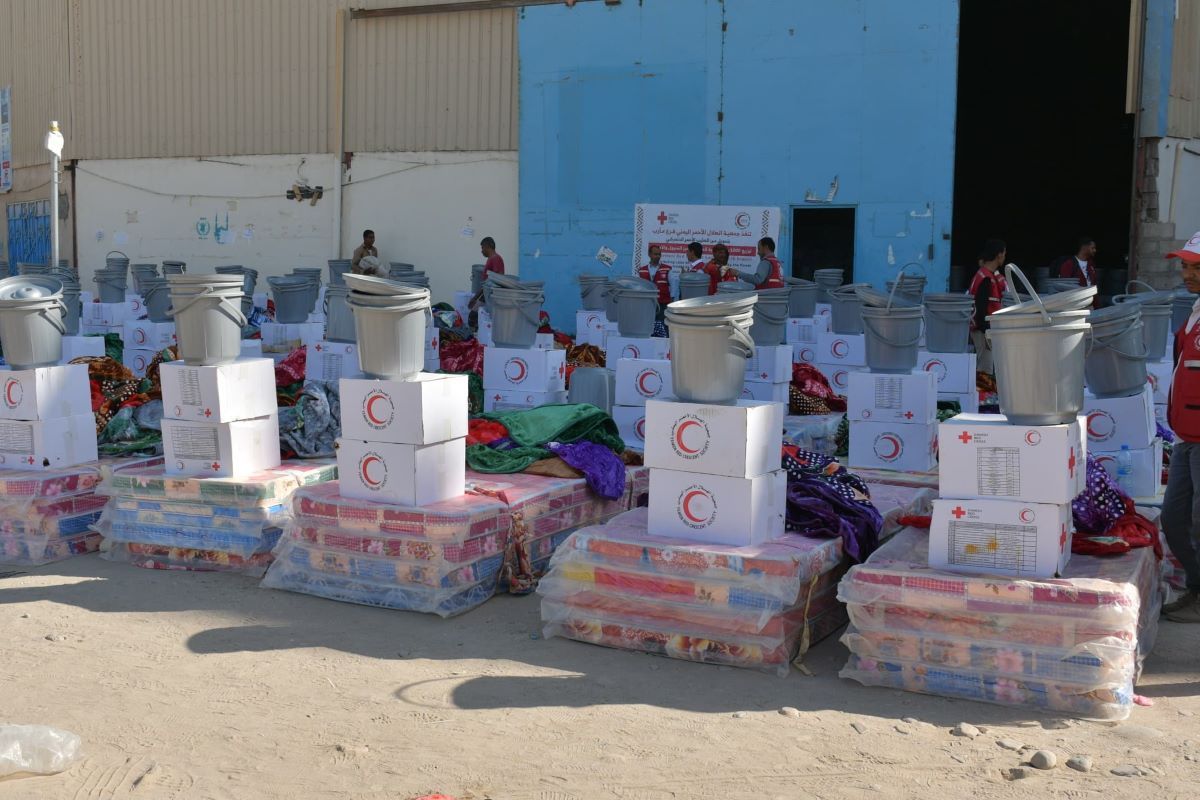
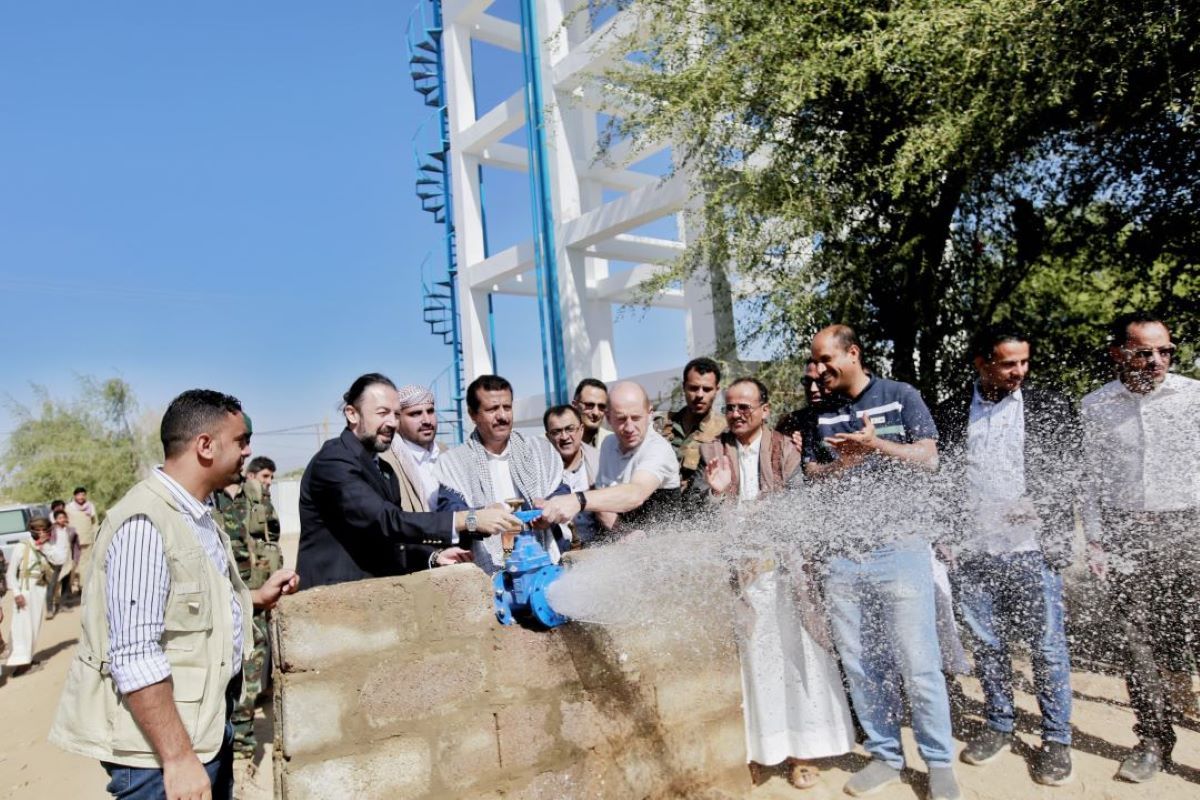
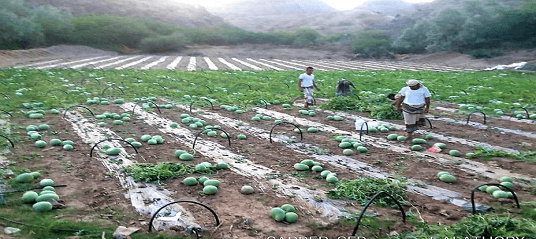
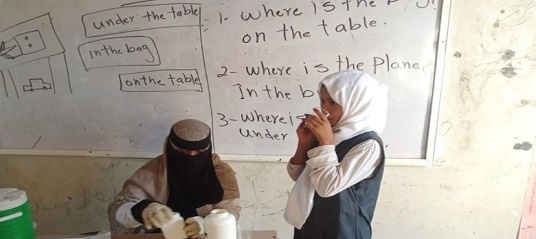
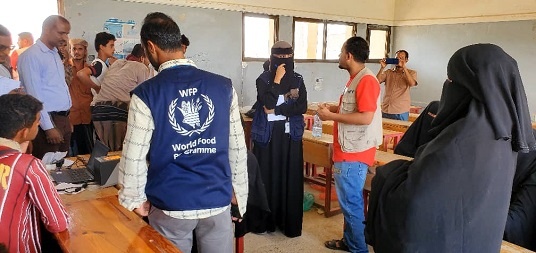
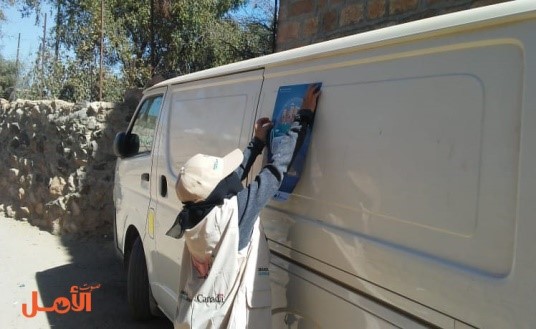
LEAVE A COMMENT